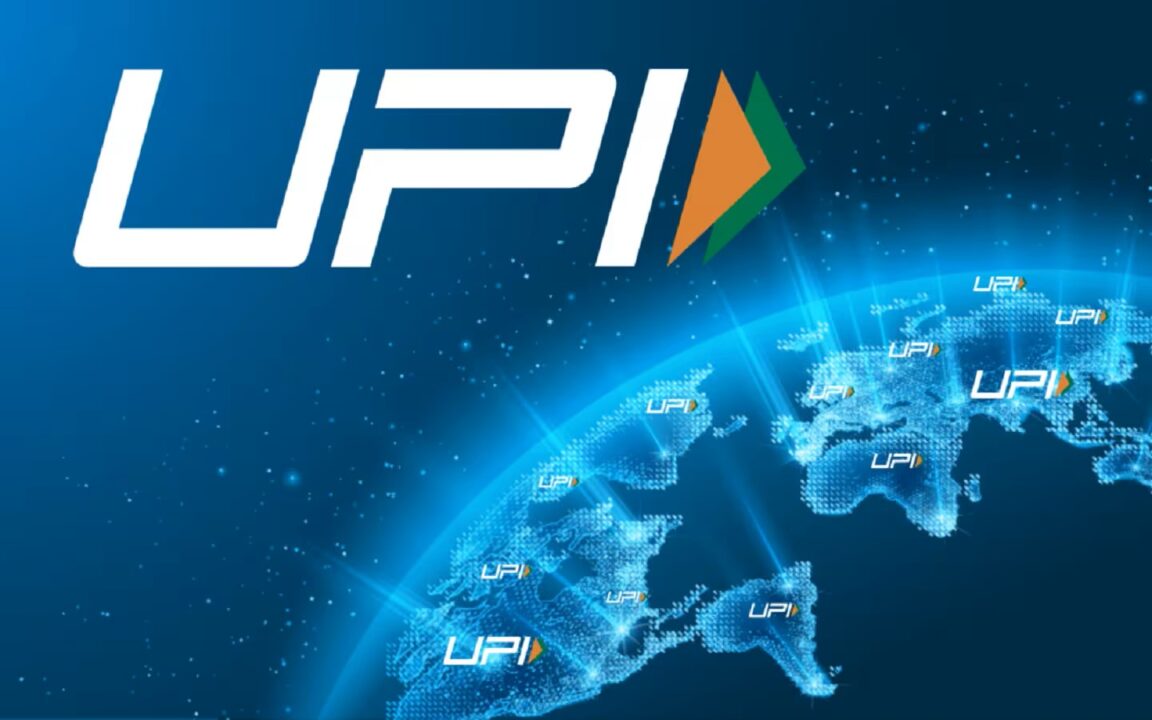Experience the seamless expansion of UPI into Sri Lanka and Mauritius, fostering cross-border transactions and enhancing digital connectivity. Explore the benefits now!

Introduction: India’s UPI Expansion
India’s Unified Payments Interface (UPI) is poised for a significant expansion as it prepares to launch in Sri Lanka and Mauritius on February 12. This move signifies a pivotal moment in the digital payment landscape, fostering stronger ties between nations and revolutionizing cross-border transactions.
Inaugural Ceremony: Dignitaries Gather
The launch event, scheduled for 1 PM on February 12, will witness the presence of esteemed dignitaries including Prime Minister Narendra Modi, Sri Lanka President Ranil Wickremesinghe, and Mauritius Prime Minister Pravind Jugnauth. Amidst a backdrop of digital innovation, these leaders will convene via video conferencing, joined by the respective central bank governors.
UPI and RuPay Integration: Facilitating Seamless Transactions
In addition to UPI, the launch will introduce RuPay card services in Mauritius. This integration underscores India’s commitment to enhancing financial inclusivity and fostering economic collaboration. The Indian government emphasized the profound cultural and interpersonal connections between India, Sri Lanka, and Mauritius, asserting that the launch will deliver a faster, more seamless digital transaction experience.
Cross-Border Benefits: Empowering Individuals and Businesses
The extension of UPI settlement services to Sri Lanka and Mauritius holds promising implications for travelers and businesses alike. Indian nationals visiting these countries, as well as Mauritian visitors to India, will now have access to convenient payment solutions. Furthermore, the integration of RuPay card services in Mauritius enables local banks to issue cards, promoting ease of transactions between India and Mauritius.
Global Expansion Efforts: A Strategic Vision
India’s endeavors to globalize its payments systems have been steadily advancing. Recent milestones include the establishment of a mechanism by the Reserve Bank of India (RBI) to settle global trade in rupees. Moreover, strategic partnerships, such as the MoU with UAE’s Instant Payment Platform and the collaboration with Singapore’s fast payments system PayNow, demonstrate India’s commitment to fostering international financial connectivity.
Conclusion: Embracing Digital Progress
The launch of India’s UPI in Sri Lanka and Mauritius heralds a new era of digital progress and cross-border collaboration. By leveraging technology to enhance financial accessibility and connectivity, India is poised to catalyze economic growth and strengthen global partnerships.
FAQs (Frequently Asked Questions)
1. What is UPI, and how does it work?
Unified Payments Interface (UPI) is a real-time payment system that enables users to transfer funds instantly between bank accounts through a mobile platform.
2. How will the launch of UPI benefit travelers?
The launch of UPI in Sri Lanka and Mauritius will enable seamless digital transactions for Indian and Mauritian nationals traveling between the countries, eliminating the need for currency exchange or cumbersome payment methods.
3. What are the advantages of RuPay card services?
RuPay card services offer a domestic alternative to international payment networks, promoting financial inclusion and reducing dependency on foreign systems.
4. How does UPI integration support economic collaboration?
By facilitating cross-border transactions and promoting financial connectivity, UPI integration fosters closer economic ties between India, Sri Lanka, and Mauritius, unlocking new opportunities for trade and investment.
5. What are the future prospects for India’s global payment initiatives?
India’s efforts to integrate its payments systems with international platforms signify a strategic vision for global financial integration, with ongoing discussions indicating a broader expansion across regions.